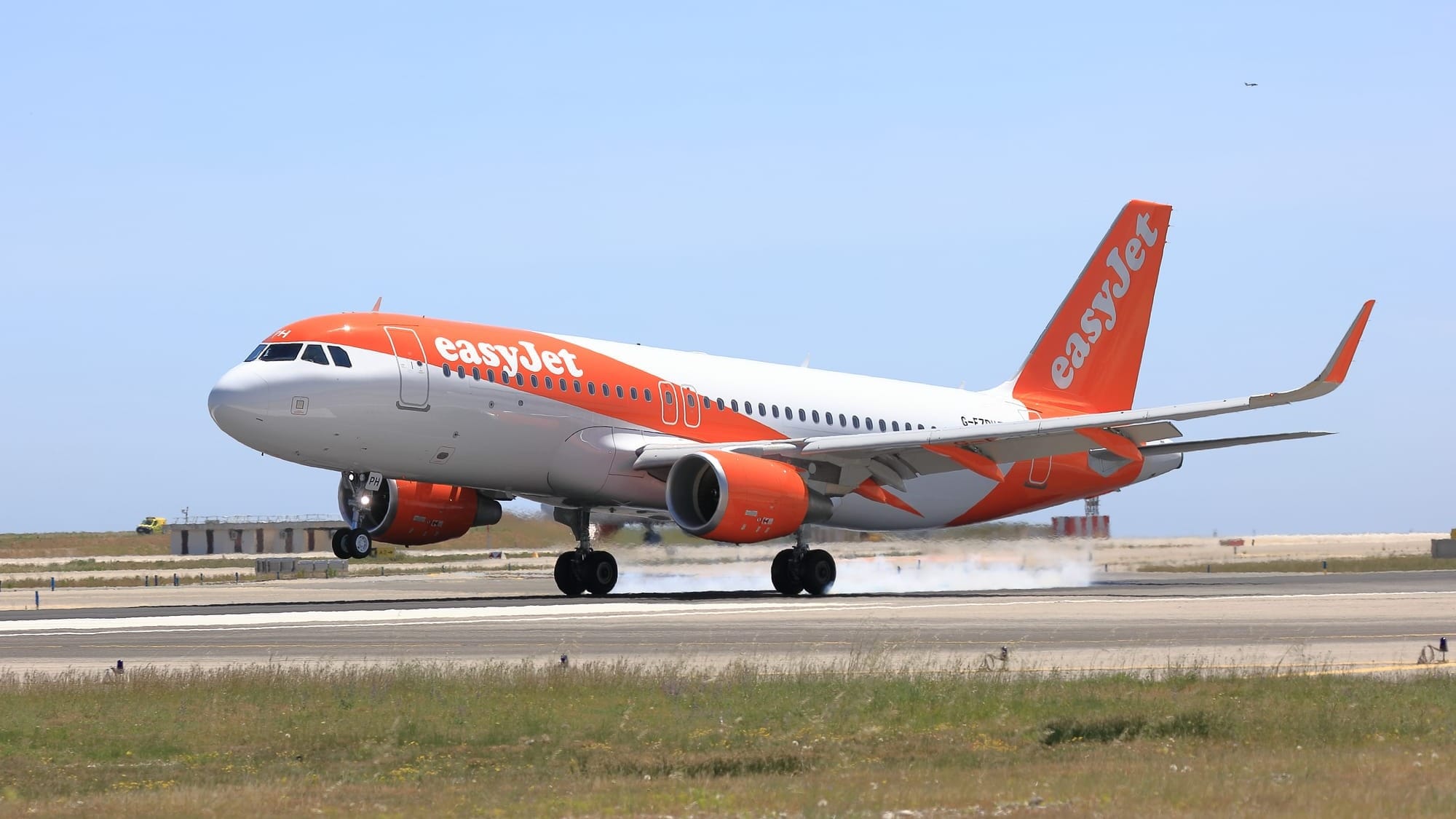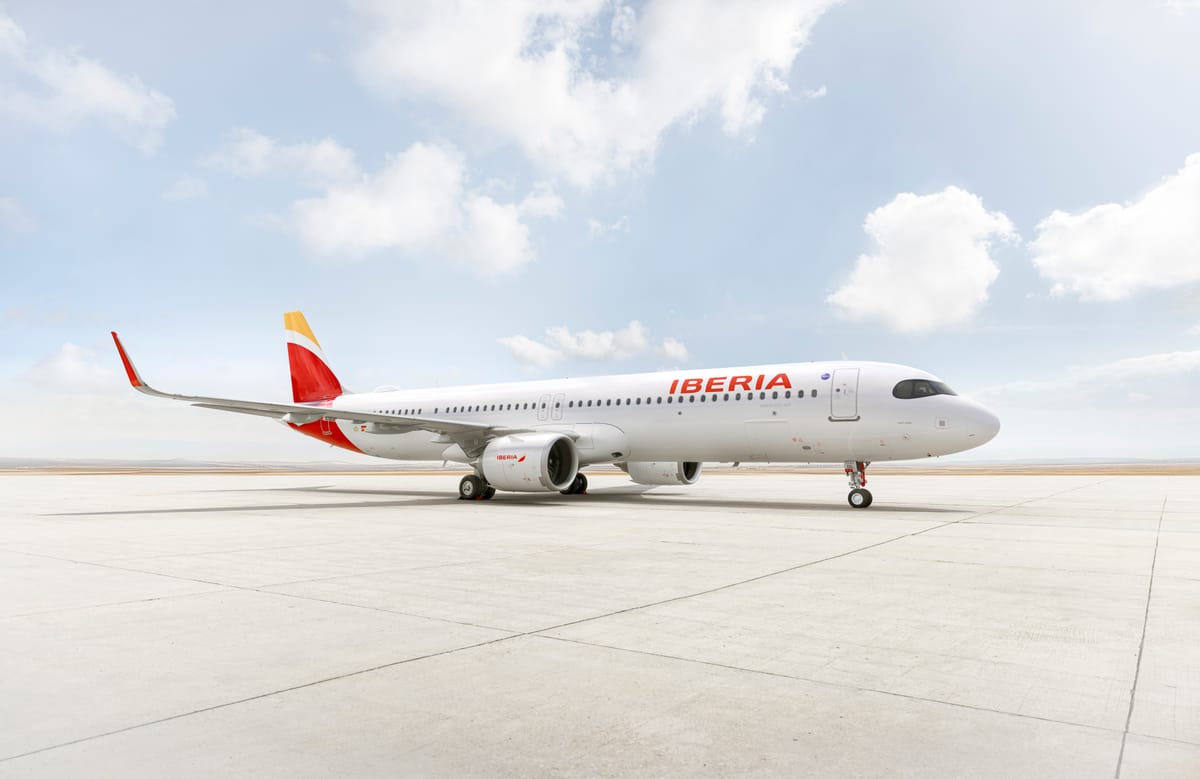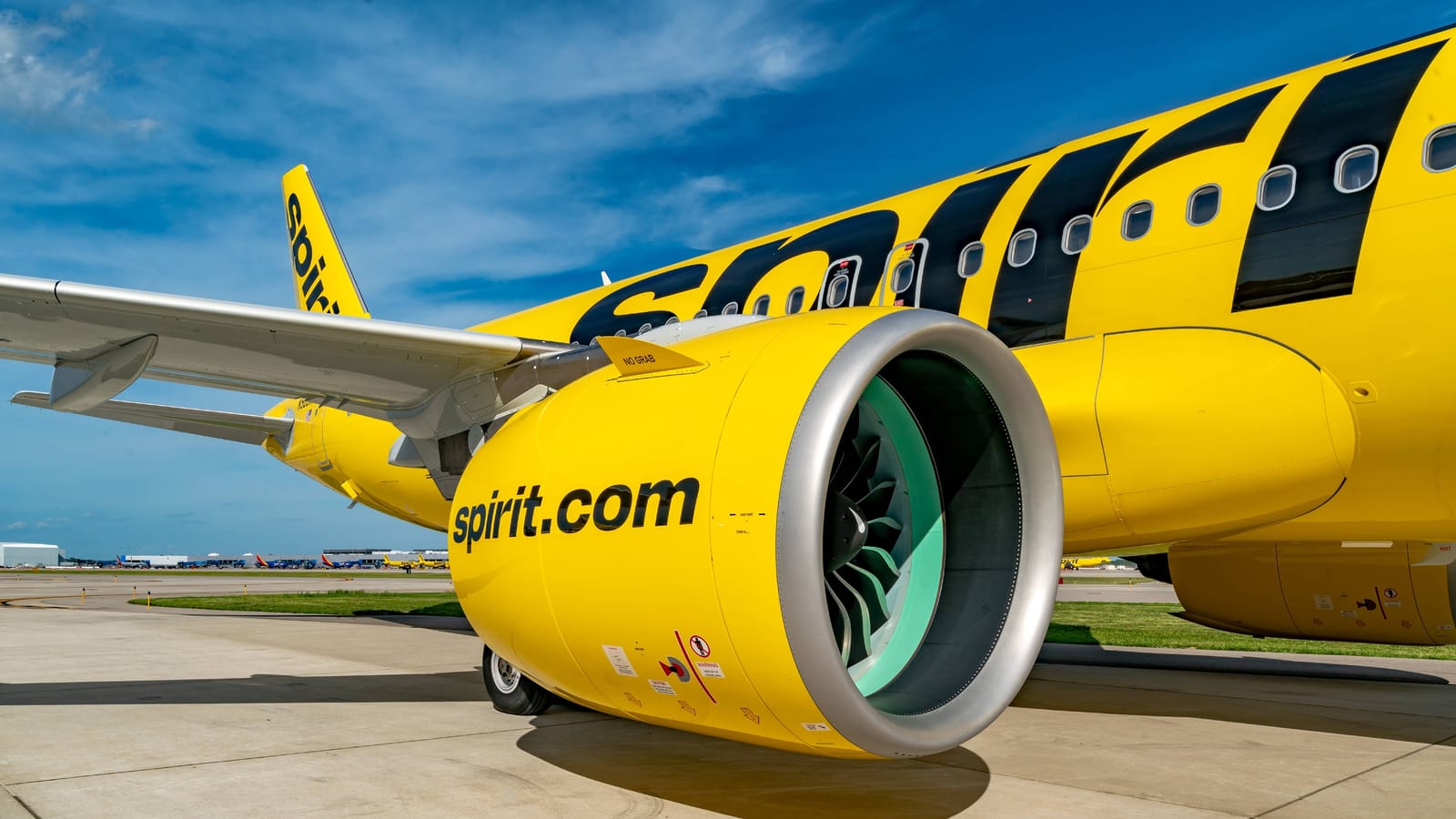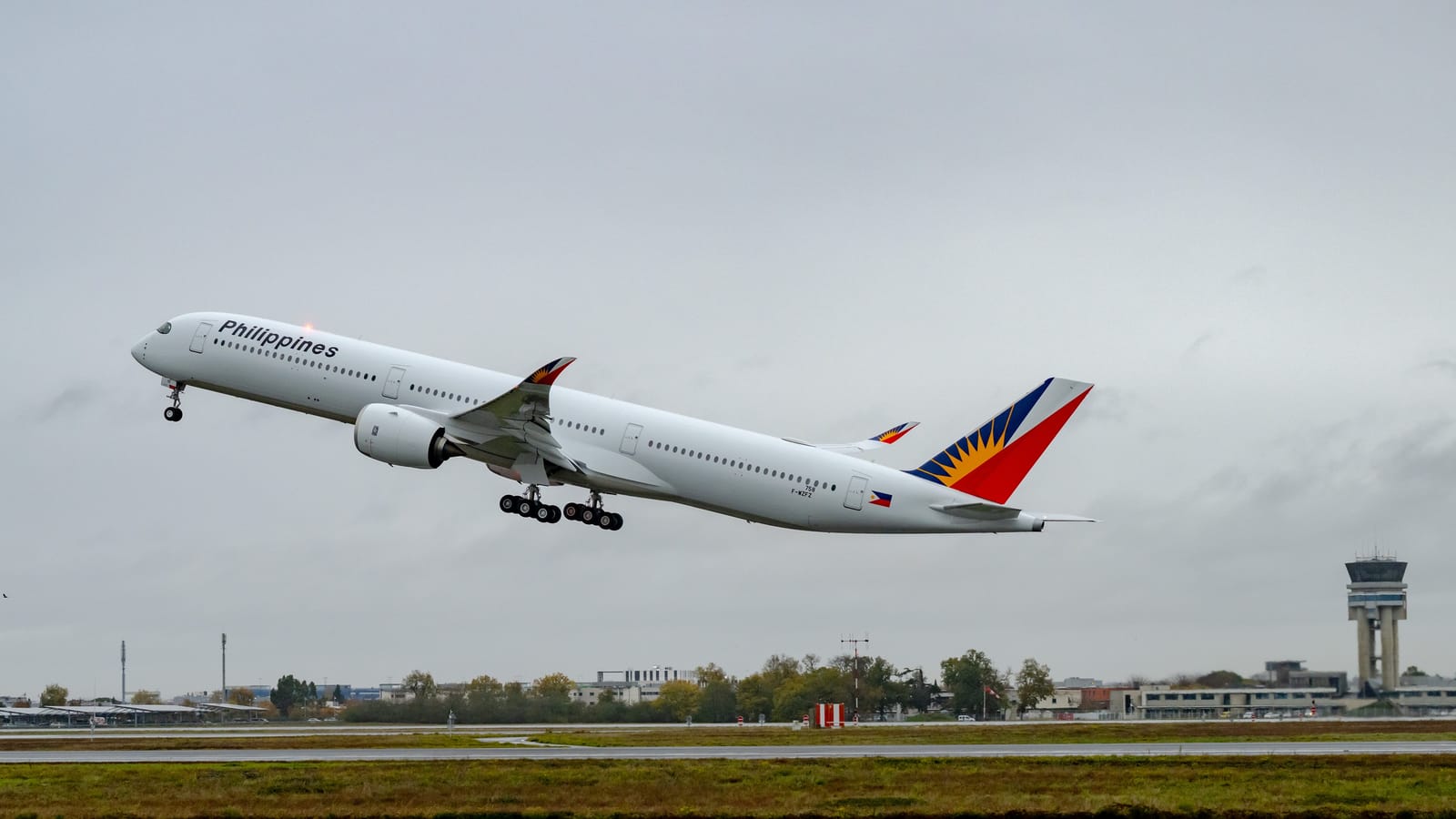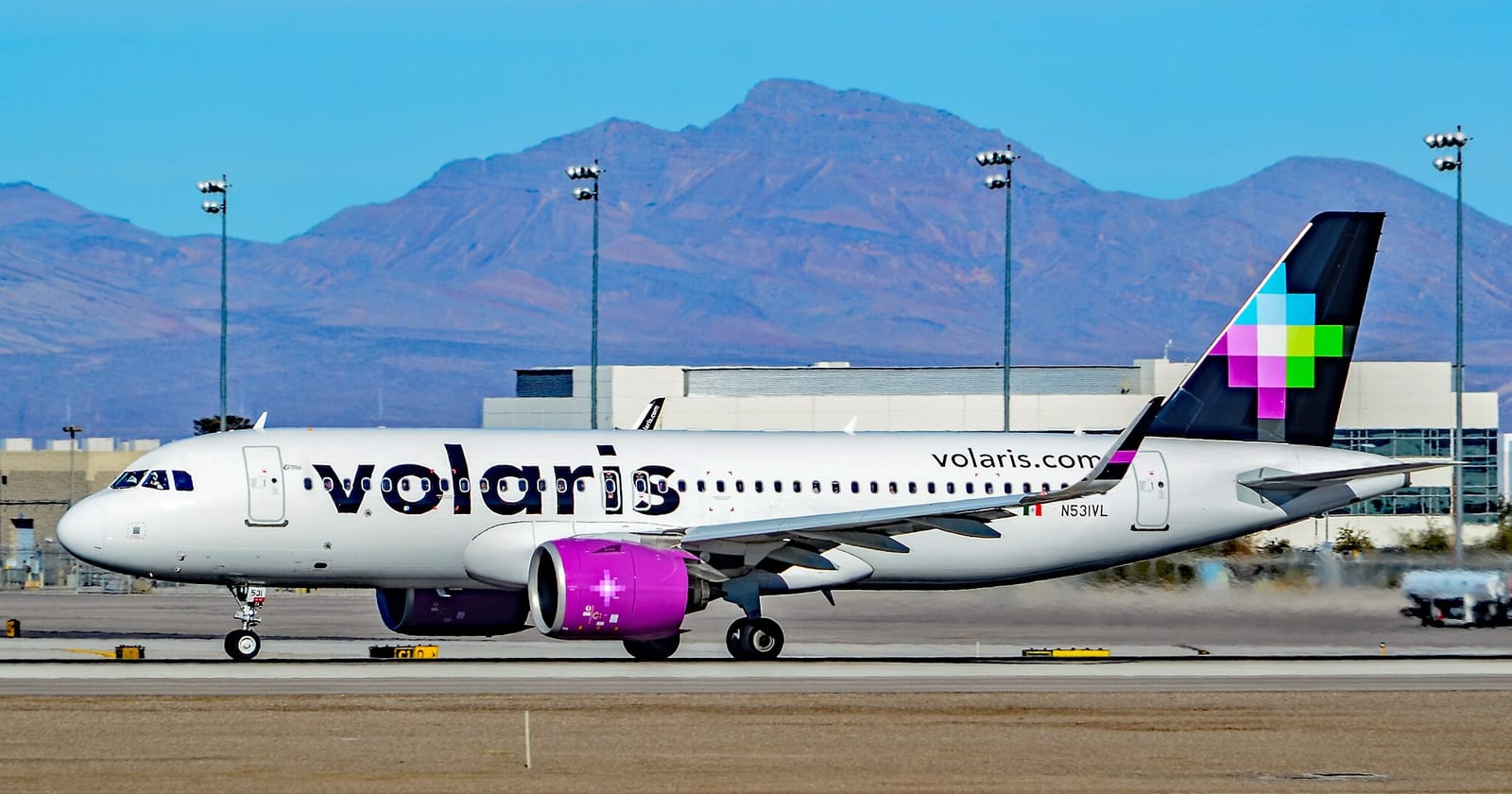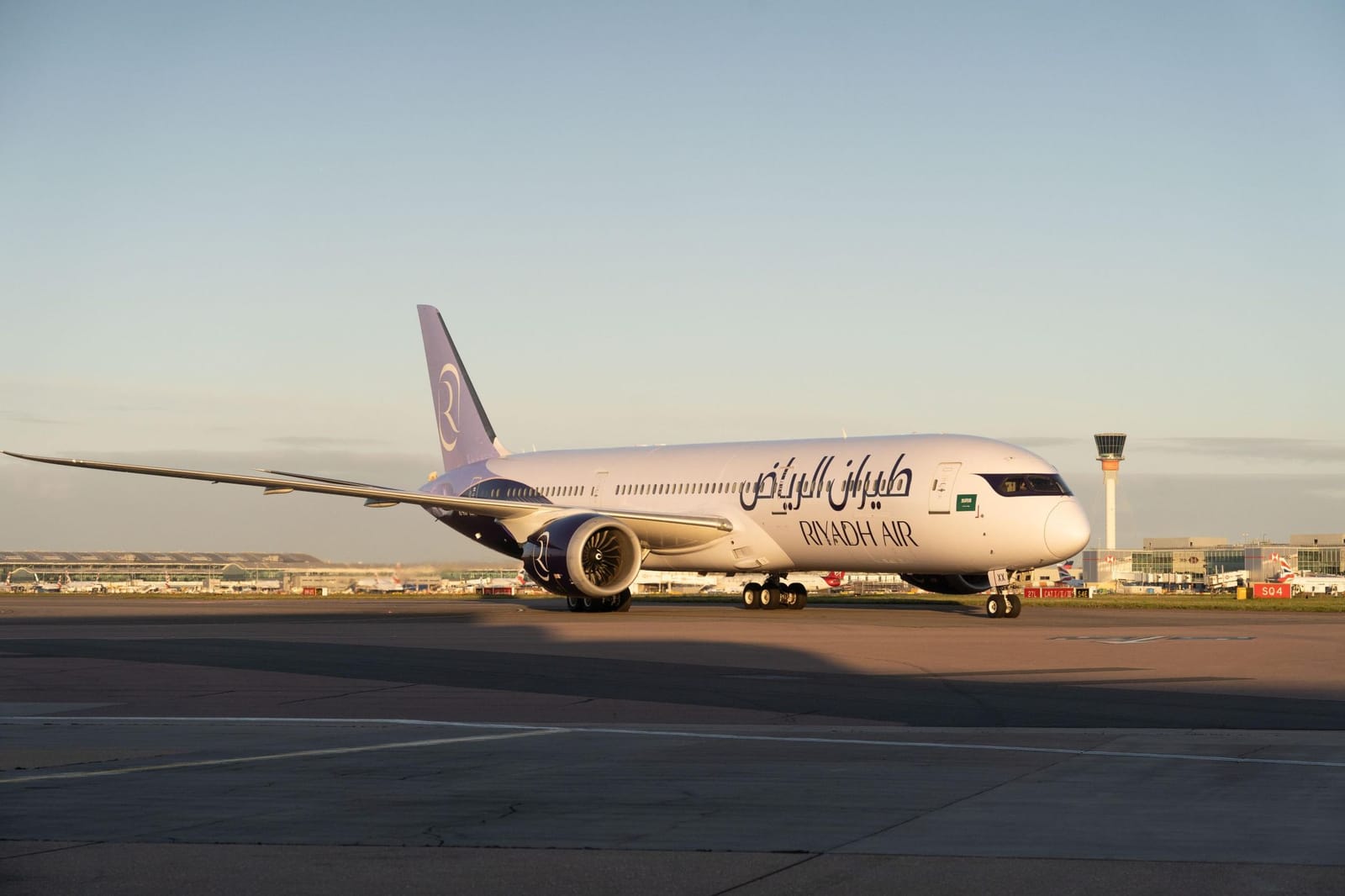easyJet has announced its fiscal year (FY) 2025 financial results, with the group, which includes its airline and holiday business, improving its profitability. The company also noted that its forward bookings during the first two quarters of FY26 are higher year-on-year (YoY), with pricing improving during Q2 FY26.
On November 25, 2025, easyJet unveiled its FY25 financial results, with the group ending the fiscal year, which concluded on September 30, with a profit after tax of £499 million ($654.4 million), compared to FY24 net profit of £459 million ($601.9 million).
During the year, the airline business – meaning results that exclude easyJet holidays – earned passenger revenues of £6 billion ($7.8 billion), an improvement of 6% YoY, with ancillary revenues growing by 6% YoY to £2.5 billion ($3.2 billion).
Group-wide revenue was £10.1 billion ($13.2 billion), up 9% YoY.
The company attributed the airline’s growing revenues to a 4% increase in capacity, with the low-cost carrier deploying 104 million seats across its network in FY25. Coupled with the average stage length growing by 6% YoY, its available seat kilometers (ASKs), measuring capacity, improved by 9% in FY25.
However, the capacity growth, especially in H1 FY25, “resulted in airline revenue per available seat kilometre (RASK) decreasing by 3%.”

“This year, we made important capacity investments into longer leisure and city routes and opened strategic new bases at Milan Linate, Rome Fiumicino, and London Southend,” easyJet said, adding that it also closed two underperforming bases at Toulouse Blagnac Airport (TLS) and Venice Marco Polo Airport (VCE) as part of its focus on capital discipline.
“We focused on operational performance, implementing proactive resilience measures before the peak summer season, resulting in on-time performance increasing three percentage points, despite the external ATC environment (particularly across France) continuing to be challenging.”
During the fiscal year, easyJet welcomed 93.4 million passengers, compared to 89.6 million in FY24, with load factors improving by 0.5% to 89.8%.
The airline’s headline cost per ASK, excluding fuel (CASK-ex), decreased by 1% YoY as a result of improving productivity and utilization over the winter months, lower disruption costs, and benefits related to the growing average stage length.
The latter was 1,293 kilometers (698.1 nautical miles) in FY25, compared to 1,223 km (660.3 NM) in FY24.
During the year, it retired no aircraft and welcomed six Airbus A320neo and three A321neos, noting that the airline plans to phase out older and less efficient aircraft in the coming years. This will allow the company to “benefit from the A320neo family aircraft, which have superior fuel efficiency and a greater number of seats, generating efficiency savings across many cost line items.”
In FY26, FY27, and FY28, it plans to retire three, 19, and 29 aircraft, respectively, while also welcoming 17, 30, and 43 new aircraft to its fleet.
The airline, which currently has 356 aircraft, including 75 A320neo and 19 A321neo, highlighted that it had a “flexible fleet plan,” which enables easyJet to expand or contract its fleet size depending on the near-term outlook.
“easyJet retains the ability to utilise its existing fleet of A319 aircraft to maintain its base fleet plan despite FY26 - FY28 deliveries being reduced.”
The fleet number excludes three aircraft that it has been leasing from the Lufthansa Group, or more specifically, three ITA Airways A320ceos, registered as EI-DTM, EI-DTN, and EI-DTO, as part of the German airline group’s acquisition of a minority shareholding in the Italian airline and the mandated remedies by the European Commission (EC).
Looking forward, easyJet plans to grow its capacity, measured in ASKs, by 7% in FY26. Currently, forward bookings are up in Q1 FY26 and Q2 FY26, 2% and 1% YoY, respectively, with the latter quarter’s pricing “showing improvement as we see positive signs of route maturity benefits, partially offset by further investments into longer leisure flows and the first winter of operating Milan Linate and Rome Fiumicino remedy routes.”
Kenton Jarvis, the Chief Executive Officer (CEO) of easyJet, highlighted that he was proud of the company's results, which recently celebrated its 30th birthday. “Very few companies remain as close to their roots as easyJet,” namely making travel easy and affordable while contributing to the local economies, he added.
“We are well placed to seize the significant opportunities ahead, and we are confident in achieving our medium-term goal of delivering over £1 billion [$1.3 billion] in profit before tax.”


